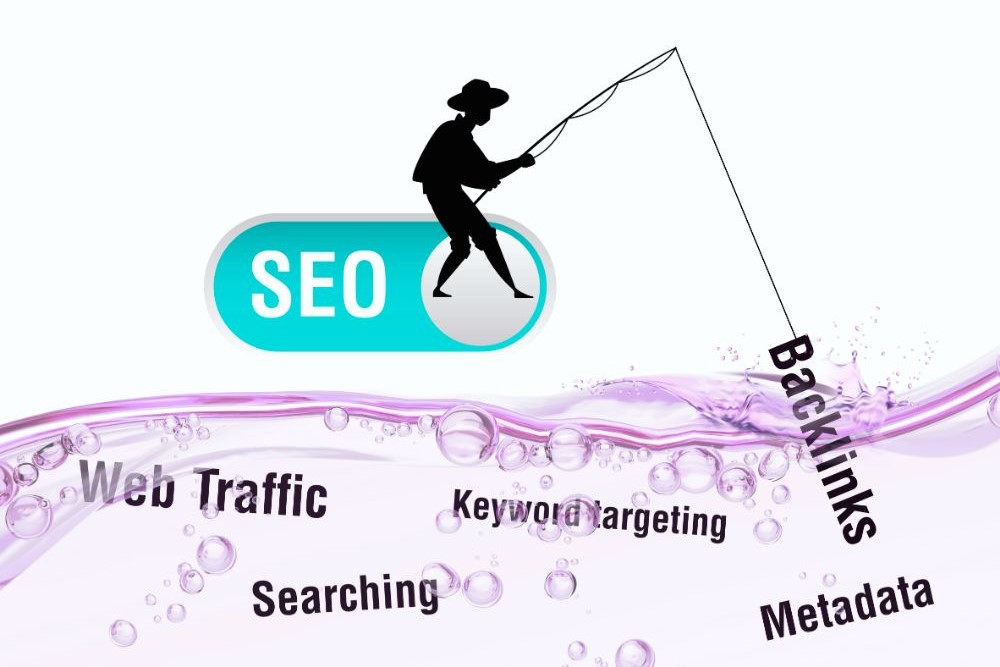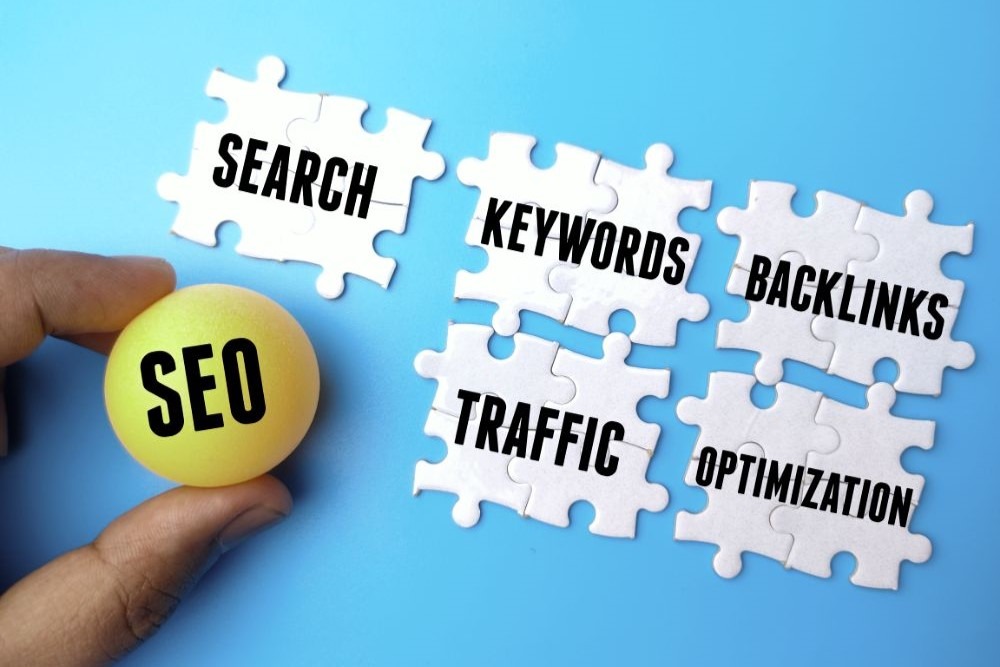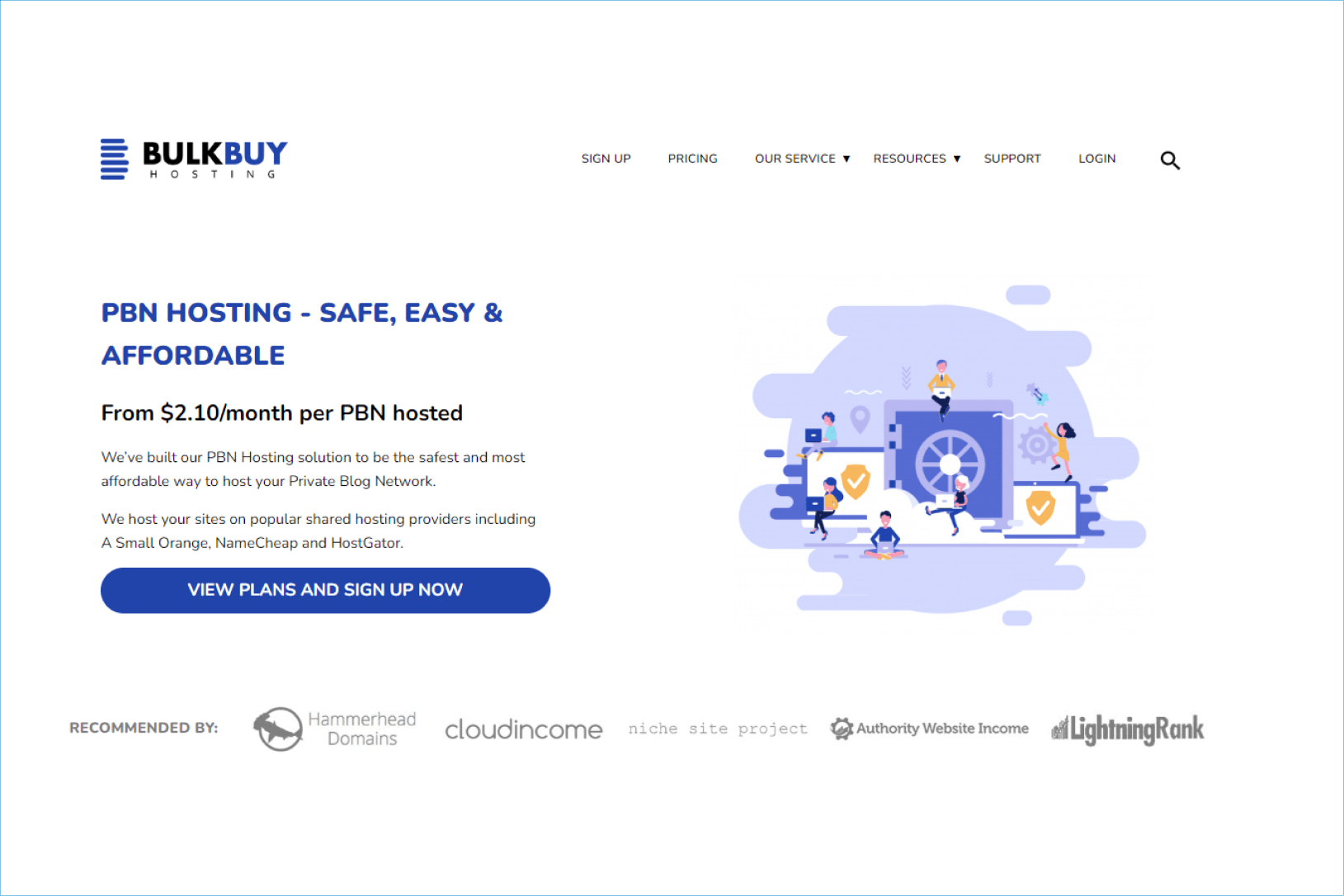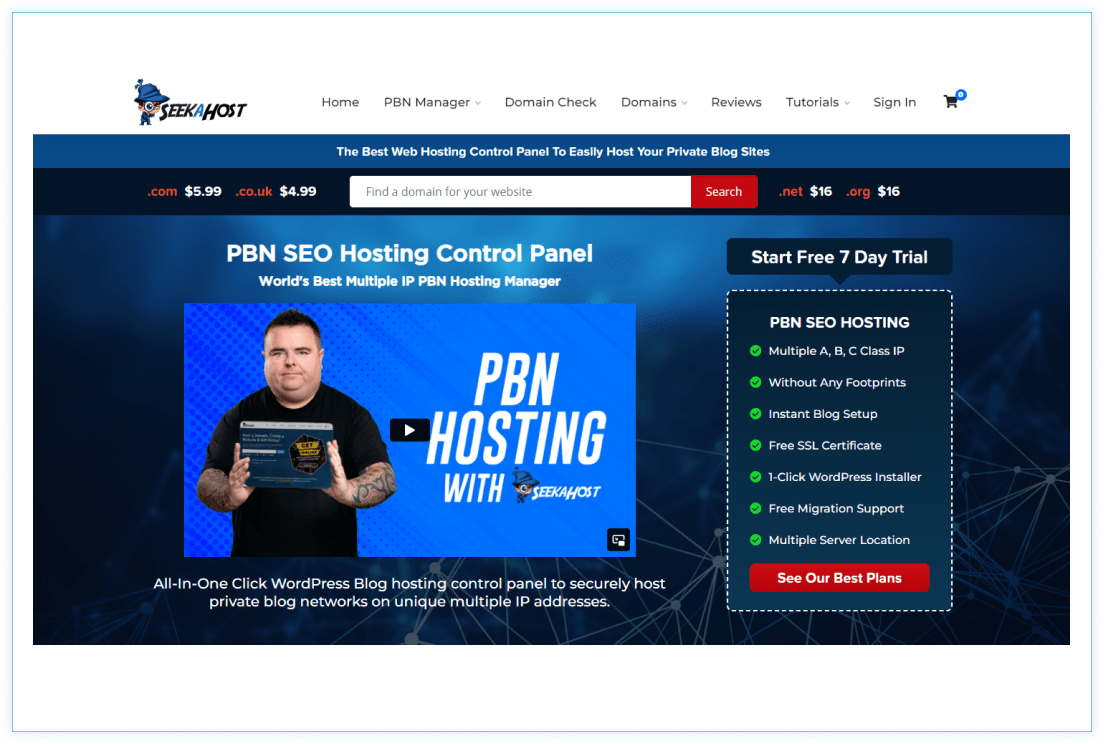
Before finalizing your domain name registration, it’s important to understand the point of well-optimized domains.
A well-optimized domain is easy to find through searches, and the customers should have no trouble finding your site.
It is recommended to avoid challenging-to-spell words and special characters, including hyphens.
Hyphens, or dashes, are the only spaces allowed in a domain name. But there’s a debate about whether using them is a good idea and if it affects how well your website shows up in online searches.
In this article, we’ll explore the pros and cons of hyphens and do they affect SEO.
Key Takeaways
- While it’s acceptable to use hyphens as spacing characters, their influence on SEO is nuanced and requires careful consideration.
- Most users prefer domain names without hyphens, and this choice can shape their perception of a website’s professionalism and trustworthiness.
- If the domain name you want is already taken, you might need to explore alternatives that include hyphens to ensure a relevant web address.
- Including hyphens can increase the complexity of typing the domain name, leading to more user errors and a potential decrease in direct traffic.
- Using domain names with hyphens can make it harder to communicate verbally and might reduce brand recognition, especially when people are spreading the word informally.
Is it Okay to Use Hyphens in Domain Names?
According to a former Google employee, Matt Cutts, the search engine’s algorithm doesn’t penalize sites with hyphens in their domain names.
While hyphens in domain names do not directly affect SEO, they might negatively affect readability, memorability, the resale value of the domain, and the credibility of the brand.
Ultimately, the decision to use hyphens in a domain name should be based on factors such as the specific words being used, the target audience, and the overall branding strategy.
Pros of Using Hyphens in Domain Names
Here are some pros of using hyphens in domain names:
- Readability: Hyphens can make domain names more readable, both for people and search engines. Search engines see hyphens as separators and can help to clarify what a web page’s subject matter is.
- Localization: Hyphens can help distinguish between geographic locations and facilitate the localization of domain names.
- Increased Availability with a Relevant Domain: As most individuals prefer website names without hyphens, many desirable names are already in use. However, the same domain name, with hyphens between the words, is often readily available.
Defensive domain registration: Defensive domain registration involves intentionally buying different versions of your website’s main domain, including those with hyphens. This strategy aims to prevent competitors from purchasing similar domains and redirecting traffic meant for your site. By strategically securing these variations, you can safeguard against the potential loss of visitors to competitors.
Cons of Using Hyphens in Domain Names
Here are some cons of using hyphens in domain names:
- Hyphenated domains are difficult to remember and talk about, which can make it harder for users to find your website.
- Including hyphens can increase the complexity of typing the domain name, leading to more user errors and a potential decrease in direct traffic.
- Using hyphens can make domain names seem untrustworthy and less credible, which could compromise the credibility of your brand or be interpreted as spammy.
- Hyphenated domain names are generally less marketable and have lower resale value than non-hyphenated ones.
- Using hyphens does not guarantee that users will take the time to type them in search engine queries, which could affect your website’s SEO.
You can check out our professional tips on choosing the right domain name here: https://quirk.biz/domain-name-best-practices/.
Quirk.Biz Experts Opinion About Using Hyphens in Domain Names
After years of experience, we have come to some conclusions about the use of hyphens in domain names:
- Using hyphens in domain names can lower Click-Through Rates (CTR). This happens because people might be hesitant to click on a site with a hyphen, thinking it’s not trustworthy. As a result, the site’s ranking may be affected.
- The presence of a hyphen in the site’s name could potentially impact its value and hinder its sale over time.
- Before registering a site name with hyphens, make sure to check if there is a strong brand with the same name without hyphens. Avoid these kinds of problems because they can have a negative impact, although there are SEO strategies that leverage this situation.
In conclusion, we do not recommend having a hyphen in your domain name. We advise you to avoid this practice, but if you really want a particular domain name that’s already taken, you might consider using a hyphenated alternative.
Conclusion
The influence of hyphens in domain names on SEO involves a careful balance of benefits and drawbacks. While hyphens can enhance keyword clarity, they may pose challenges for user experience and brand recognition.
Website owners should consider these pros and cons in alignment with their unique goals and audience preferences. Achieving harmony between SEO optimization and user-friendly design is crucial.
Finally, the decision to use or avoid hyphens should align with the overall strategy, ensuring a cohesive online presence that effectively connects with both search engines and users.















































































